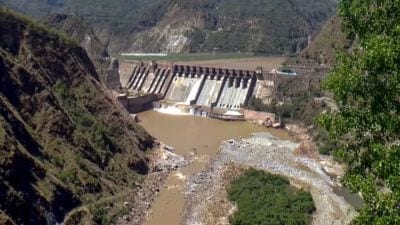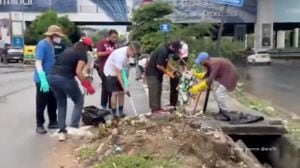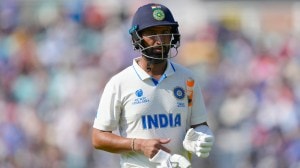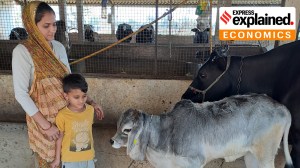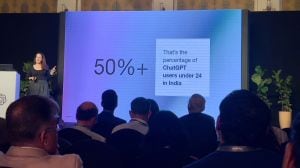Click here to follow Screen Digital on YouTube and stay updated with the latest from the world of cinema.
Going Gonzo Independence Day review: The documentary carefully extracts Dalit atrocities
The makers of the documentary chose to concentrate on the atrocities faced by the Dalit community.
 When this Land Ceiling Act was passed, lands were collected for the Dalit, landless labours and tribals.
When this Land Ceiling Act was passed, lands were collected for the Dalit, landless labours and tribals.
Beginning with the news footage and voice of Arnab Goswami, Editor-in-Chief of Times Now, the documentary Going Gonzo: Independence Day in its narration from the first frame, took us back to the time when a few cow vigilantes decided to take the matter in their own hands and flog four men… Why? Because they found meat — cow meat, in their possession.
In a carefully conducted film, the makers of the documentary chose to concentrate on the atrocities faced by the Dalit, in one of the most developed states in India — Gujarat. This year in August, a 10 days protest march was held in the western state to protest against the atrocities faced by the Dalit.
“You keep the tail of the cow, give us our land now,” this was the motto of the protest.
When this Land Ceiling Act was passed, lands were collected for the Dalit, landless labours and tribals said Nirjhari Sinha, the founder member of Jan Sangharsh Manch. According to her they were allegedly given away to builders and politicians. It was a march to get back what rightfully belonged to the people. According to Bhim Lal, CPI (ML) New Democracy, the oppression on Dalits can end only if the poor people can rightfully get back their lands. It was also a movement which demanded a peaceful non-discriminating, non-disruptive life. Footages of Kanhaiya Kumar’s alleged azadi speech at the Una rally were also used in this documentary.
In captions, they described the difficulties faced by the makers of the documentary while shooting the film. However the group managed to gather a footage of (non identified) cow vigilantes where they claimed that the people participating in the protest march had least concerns about the Dalit community and their main agenda is to be a political leader. They admitted to the flogging charges held against them and gave their own logic behind their actions.
“As a city boy who has never faced discrimination based on caste, the experience was an eye opener,” says Falah Faisal, who also anchored the film. “We all know what Dalits go through, but there’s little we can do about it. That’s why it was important for us to make this film.”


Photos
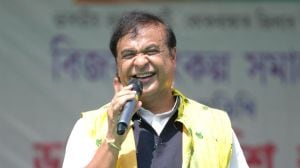



- 01
- 02
- 03
- 04
- 05


